News
For media inquiries, please contact OUUVzrqvn@hpfs.rqhude.fscu@aidemIHHB
Image
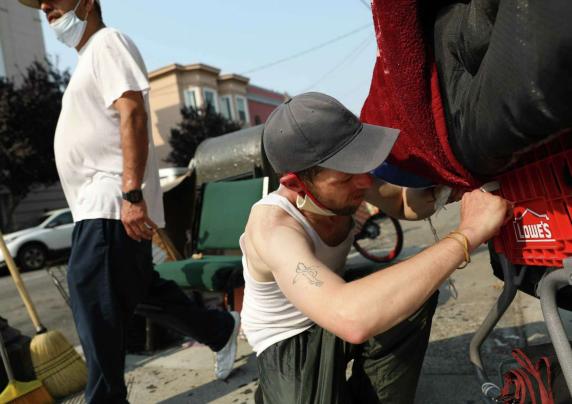
How Many People Are Homeless in San Francisco? Data Reveals a Worsening Crisis
San Francisco Chronicle •
May 9, 2022
Image

A Rising Tally of Lonely Deaths on the Streets
New York Times •
April 18, 2022
Image
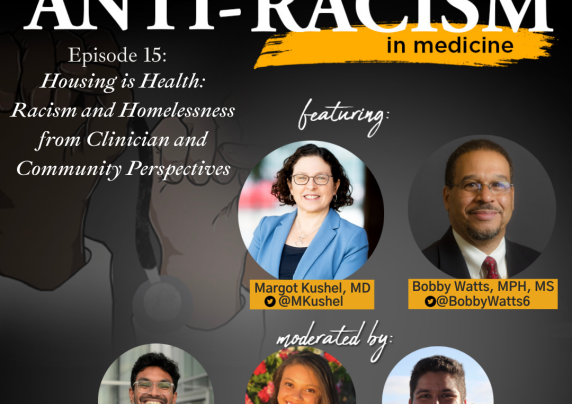
Anti-racism in Medicine – Housing Is Health: Racism and Homelessness
Clincial Problem Solvers •
April 5, 2022
Image

From the Labor Question to the Housing Question
The Nation •
March 28, 2022
Image

How Data Can Inform Policies to End Homelessness and Housing Insecurity
Crosscut •
March 24, 2022
Image
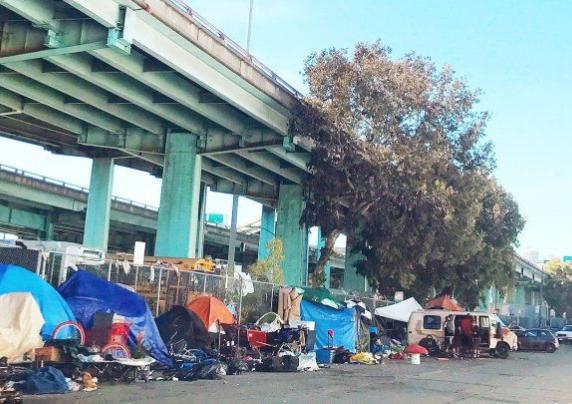
Homeless Deaths Doubled in San Francisco During the Pandemic’s First Year, Mostly from Drug Overdoses
UCSF News •
March 11, 2022
Image

San Francisco Homeless Deaths More Than Doubled During the Pandemic’s First Year
San Francisco Chronicle •
March 10, 2022
Image
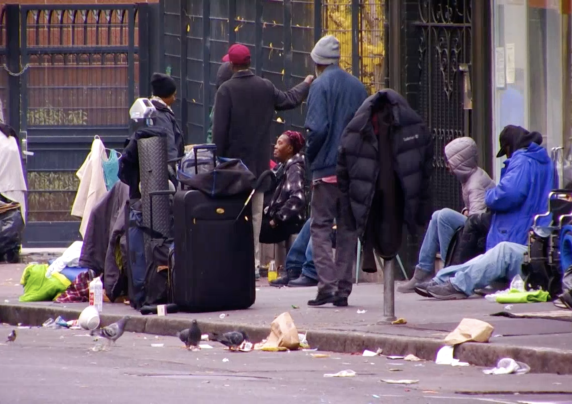
Saving San Francisco: Ep. 4 'Beautiful People, Wasted'
NBC Bay Area •
February 28, 2022
Image

Keep Pushing for Solutions to RV Homelessness
Seattle Times •
February 16, 2022
Image
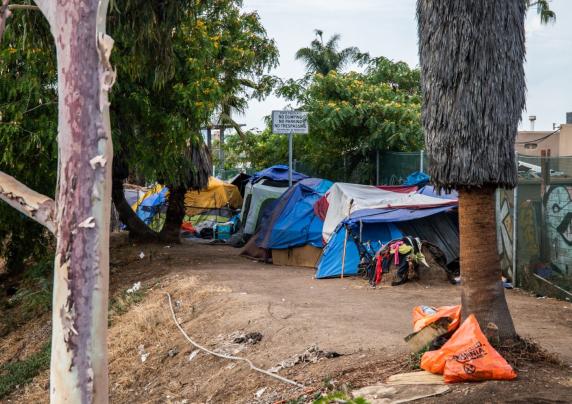
What We (Un)learned About Homelessness
Voice of San Diego •
February 13, 2022